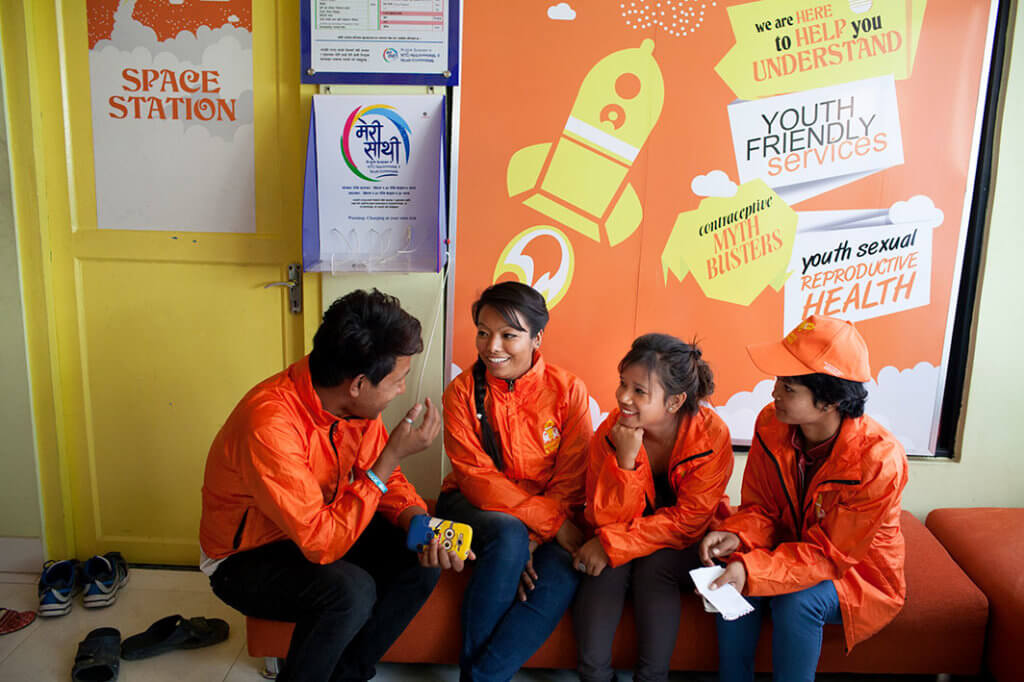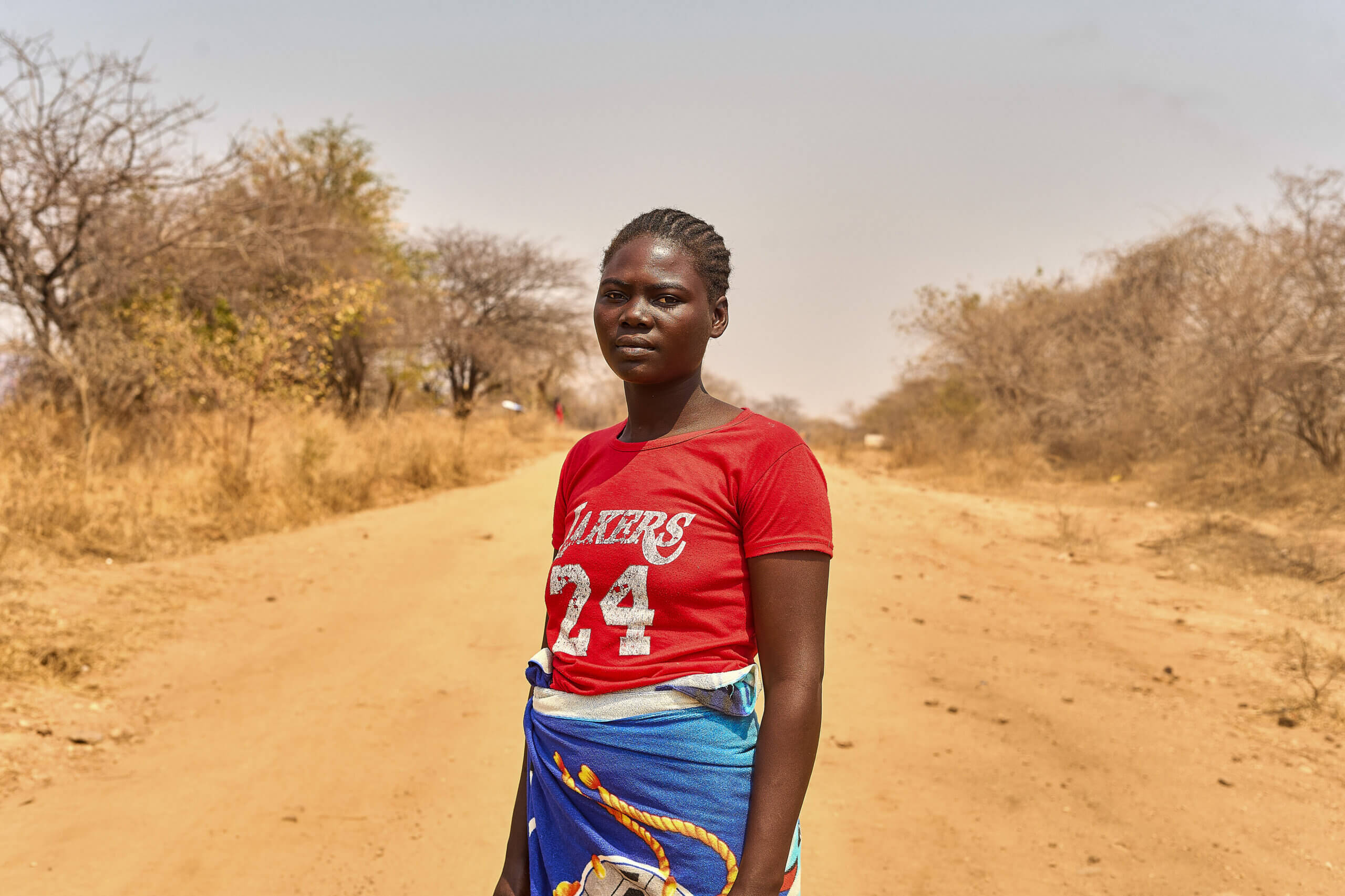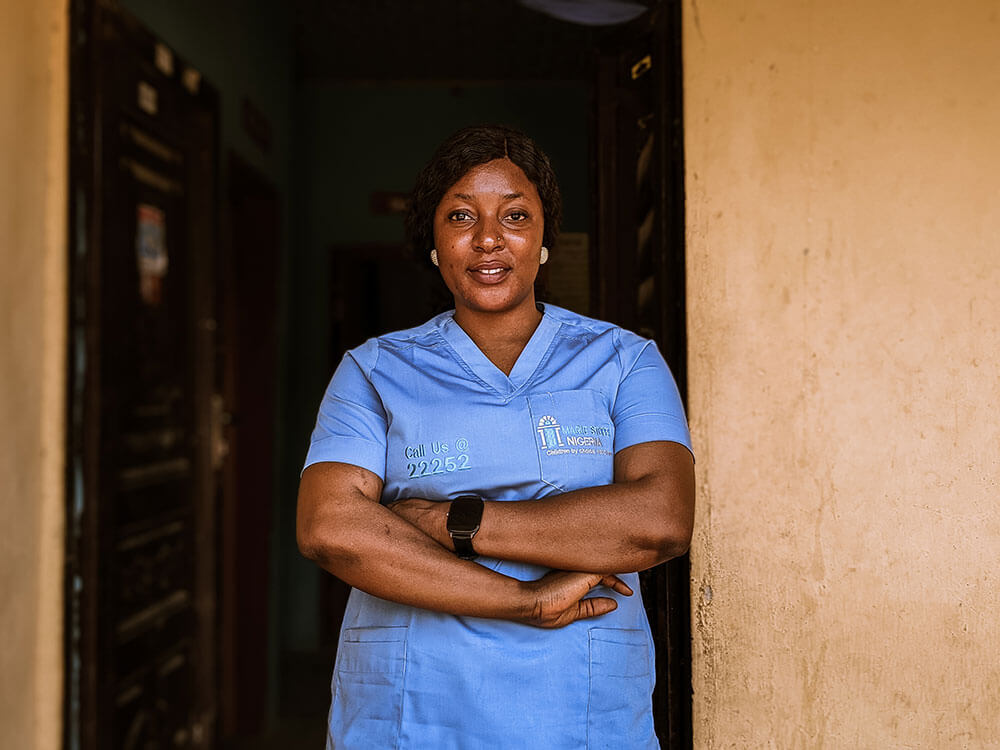Sexual health shouldn’t be taboo!
Meet Roni Shakya, a peer educator and volunteer at MSI in Bhatapur, Nepal. She’s tearing down taboos to bring young people accurate information about sexual and reproductive health.
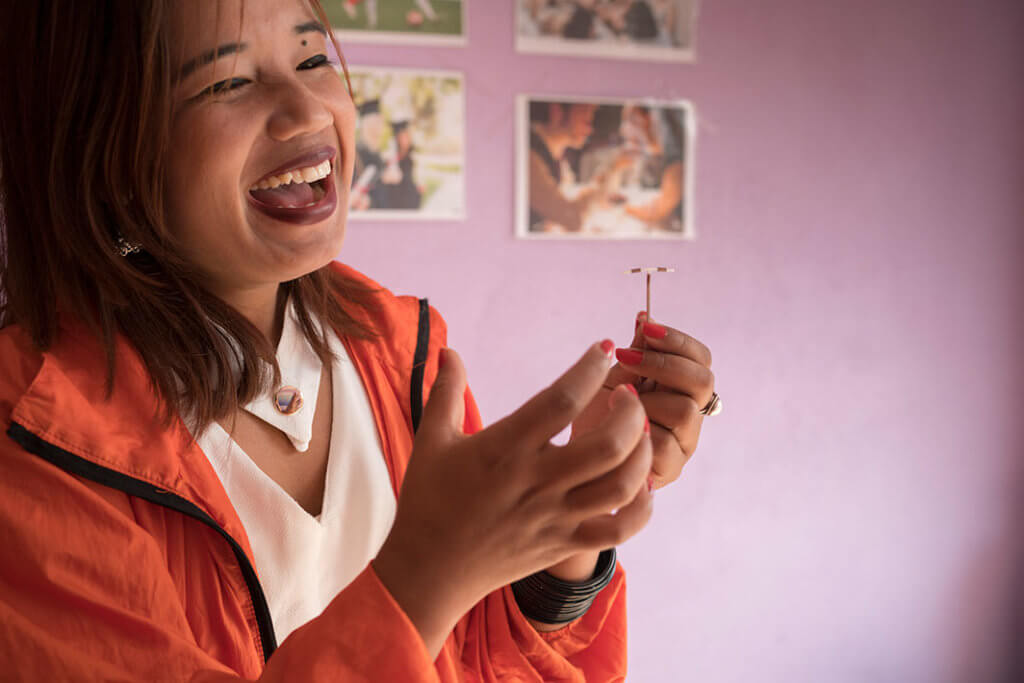
“Youths have sexual desire, which is a natural thing, but they cannot express it,” Roni explains. “Our Nepalese culture obviously won’t allow us to share with our families about sexual and reproductive health.” As a result, she sees young people engaging in unsafe practices, such as not using contraception.
That’s where volunteers like Roni come in. They visit schools and universities, bringing information about youth sexual health directly to young people. They also talk about young people’s career goals, and how contraception can help them pursue their dreams.
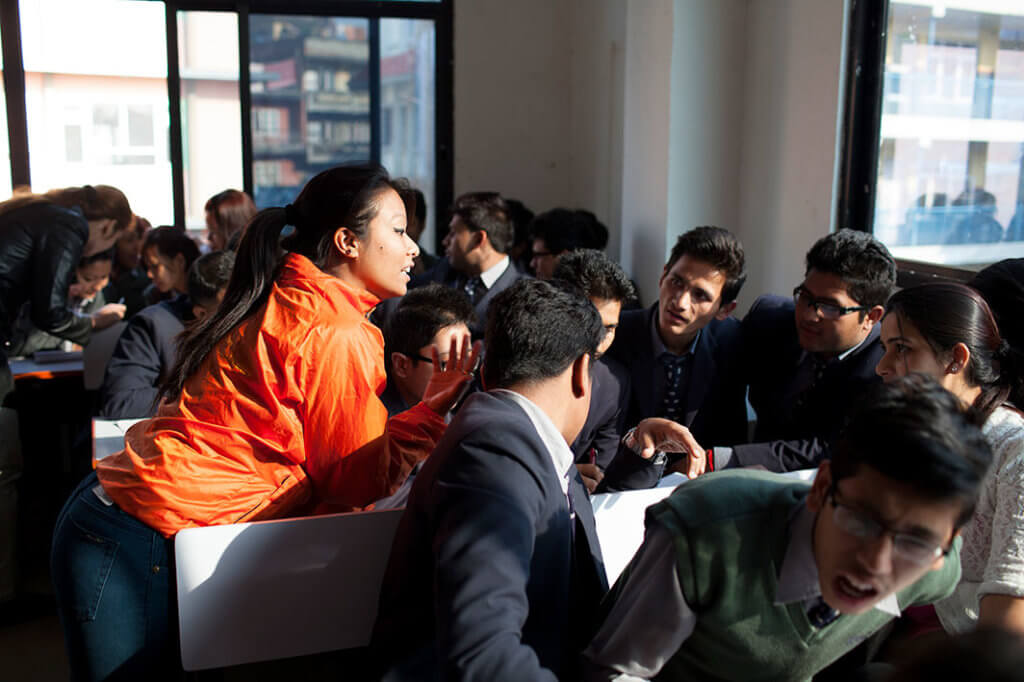
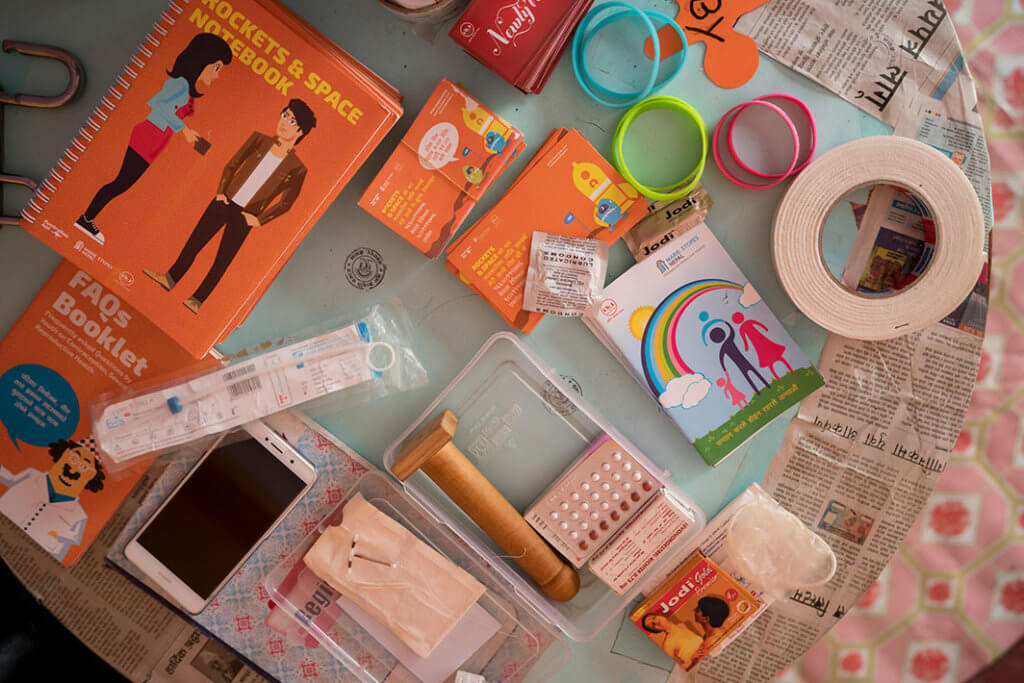
Young people have lots of questions for Roni: “We find they have various curiosities and concerns. But who should they ask about it?” Parents might be disapproving, and peers might not have accurate information.
Roni and her fellow volunteers face stigma for even talking about these issues. “In our society there are numerous narrow-minded people. So as soon as we say sexual and reproductive then they perceive us as characterless.” But things are changing. Roni says young people “are very much interested to know and understand about sexual and reproductive health.”
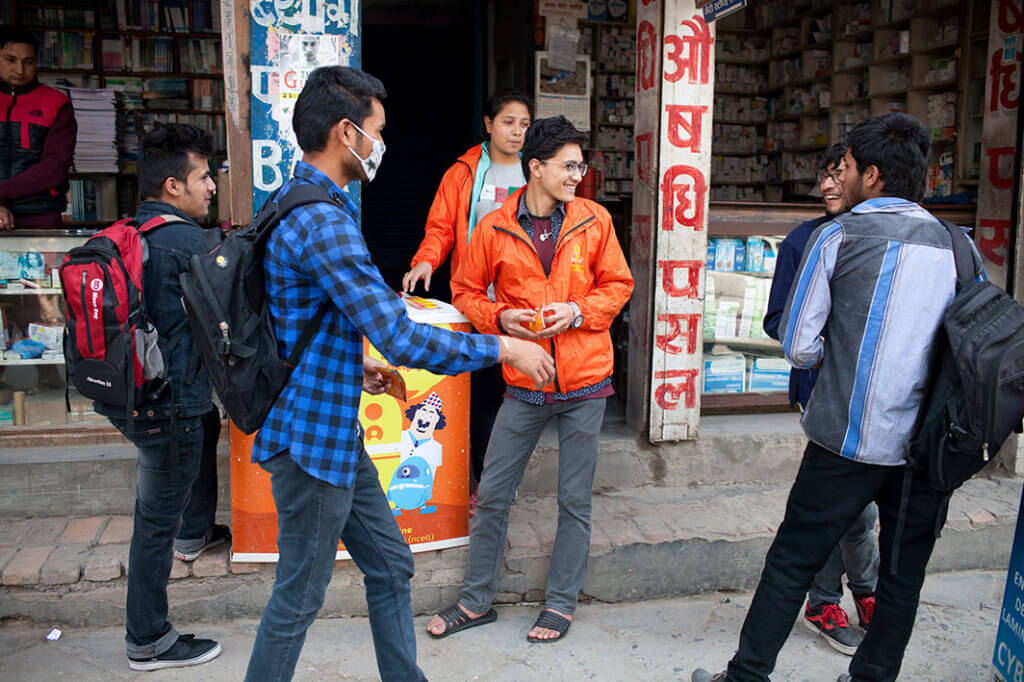
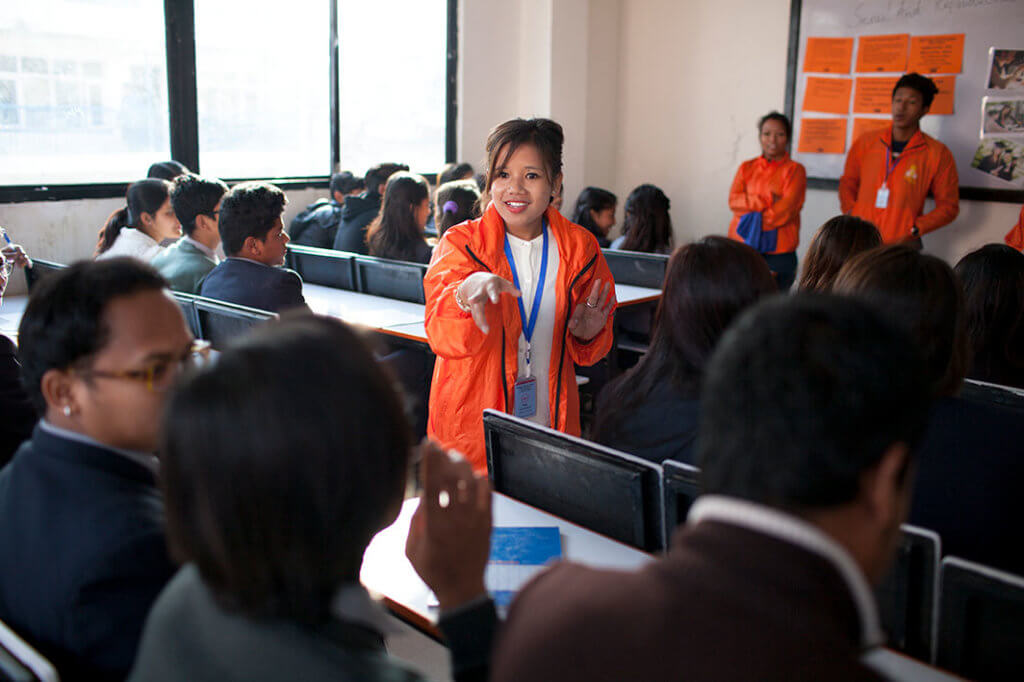
Roni’s activism is getting noticed in her community. “Earlier I was recognized in my community by my father’s name, but now my family is known by my name,” she says proudly. “Before I was hesitant to talk about it, it was embarrassing to say “condom”. Now I can easily go to my community and convince people that family planning is very important in our lives.”
Together, Roni and her fellow volunteers are taking on the stigma around youth sexual health, and their efforts are making an impact. In 2020, support from donors allowed MSI Nepal to provide services to more than 8,000 young people and educate many more. One conversation at a time, we’re putting young people on the path to a brighter future.
